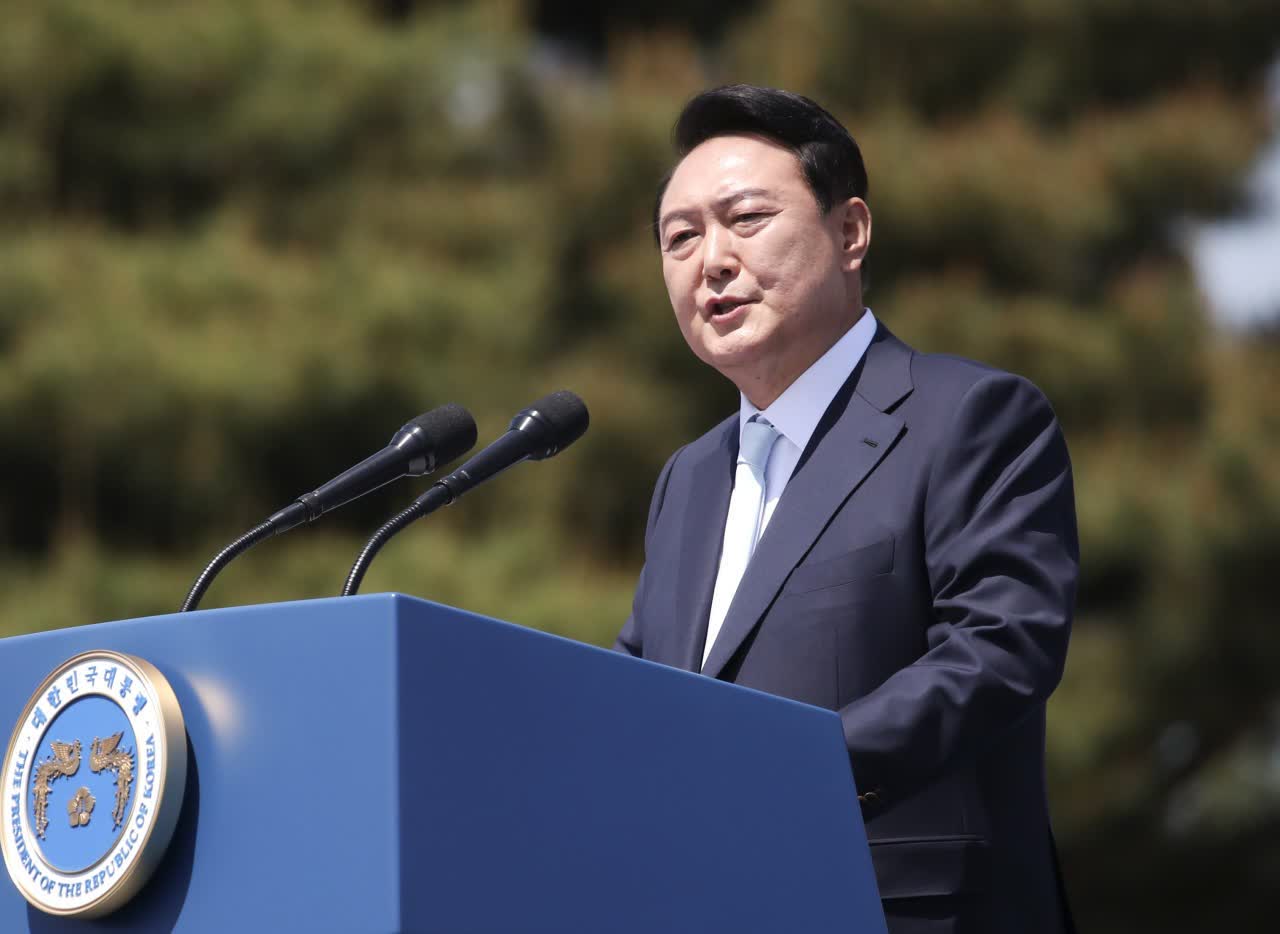In context: South Korea has a troubling history with digital sex crimes, notably the infamous nth-room scandal of 2019, where men used a Telegram chatroom to blackmail young women into performing sexual acts. Now, the country is facing a new wave of deepfake sex crimes. President Yoon Suk Yeol and his cabinet have put forth a plan to combat this emerging digital epidemic.
South Korea is facing a surge in digital sex crimes, particularly involving deepfake pornography targeting women and minors. What's more troubling, teenagers are often the ones perpetrating these crimes. South Korea's President, Yoon Suk Yeol, has urged authorities to "thoroughly investigate and address these digital sex crimes to eradicate them."
During a cabinet meeting, President Yoon elaborated that deepfake videos targeting individuals are circulating widely on social media. A large influx of Telegram chat groups has been reported across the country's schools and universities. In these groups, perpetrators upload photos of people they know – such as teachers or classmates – which are then transformed into inappropriate, sexually explicit deepfake images. The Korean Teachers' Union estimates that more than 200 schools have been affected by this activity.

President Yoon has outlined a comprehensive plan to address the rise in digital sex crimes. Here are some key components of his plan:
- Educational initiatives aimed at educating young men about the severity and consequences of digital sex crimes, with the goal of curbing such behaviors early on.
- Legislative measures to strengthen laws and regulations to better address digital sex crimes, including imposing harsher penalties for offenders and providing better support systems for victims.
- Collaboration with tech companies to improve monitoring and removal of harmful content.
This goes to demonstrate that the South Korean government is taking the battle against digital sex crimes seriously. Teenagers found guilty of such crimes could face significant consequences, including several years in prison, juvenile detention, fines of up to 30 million won (approximately $24,610), and mandatory rehabilitation programs. For instance, the leader of the nth-room group, Cho Ju-bin, was sentenced to 42 years in prison.
Telegram has recently made headlines after its founder, Pavel Durov, was detained by French authorities. The detention is part of ongoing investigations into criminal activities facilitated by the Telegram messaging app, including child pornography and sexual abuse.
Durov's arrest is linked to broader EU regulations, such as the Digital Services Act (DSA), which requires platforms like Telegram to comply with transparency and moderation standards, including proactive measures to police harmful and illegal content.
Some critics argue that the South Korean government is not moving fast enough and should declare a "national emergency" to address this issue more aggressively. Only time will tell if President Yoon and his administration can effectively combat this growing wave of digital crimes.
